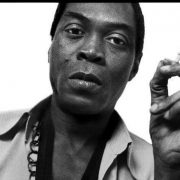Black History Month: Celebrating Black Heroes
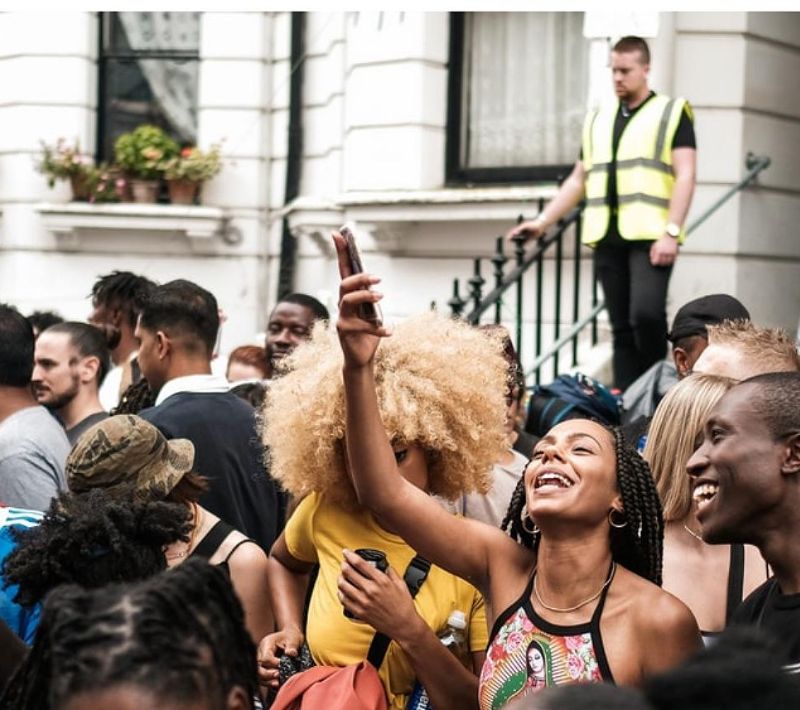
Welcome to Black History Month, a time to celebrate the rich culture and achievements of Black people around the world. This month we recognize the significant impact that Black individuals have had on history and continue to make on society. Join us as we honor and explore the extraordinary contributions of Black people throughout history.
All over the world, Blacks come together to celebrate the accomplishments of great Black men and women who fought to be free and to be recognized as persons in their own rights. The celebration is of Black Victory and Black Emancipation. It showcases the various roles Black people have played all over the world but especially in America and how much their contributions have affected the growth of the country.
According to Wikipedia, Black History Month is an annual observance originating in the United States, where it is also known as African-American History Month. It has received official recognition from governments in the United States and Canada and more recently has been observed unofficially in Ireland, the Netherlands, and the United Kingdom.
It began as a way of remembering important people and events in the history of the African diaspora. It is celebrated in February in the United States and Canada, while in Ireland, the Netherlands, and the United Kingdom it is observed in October.
In my opinion, Black history should be showcased every day and every year because regular Black people need to be encouraged that they too can do as much and even better than their predecessors. They too can create advancements in technology, they too can be politicians, public speakers, inventors. They too can be whatever they want to be if they only are strong enough to strive through the barrier of race and low self-confidence.
Everyone also needs to be reminded that Black lives matter and Black people are good people, we are not born criminals and do not deserve to be harassed.
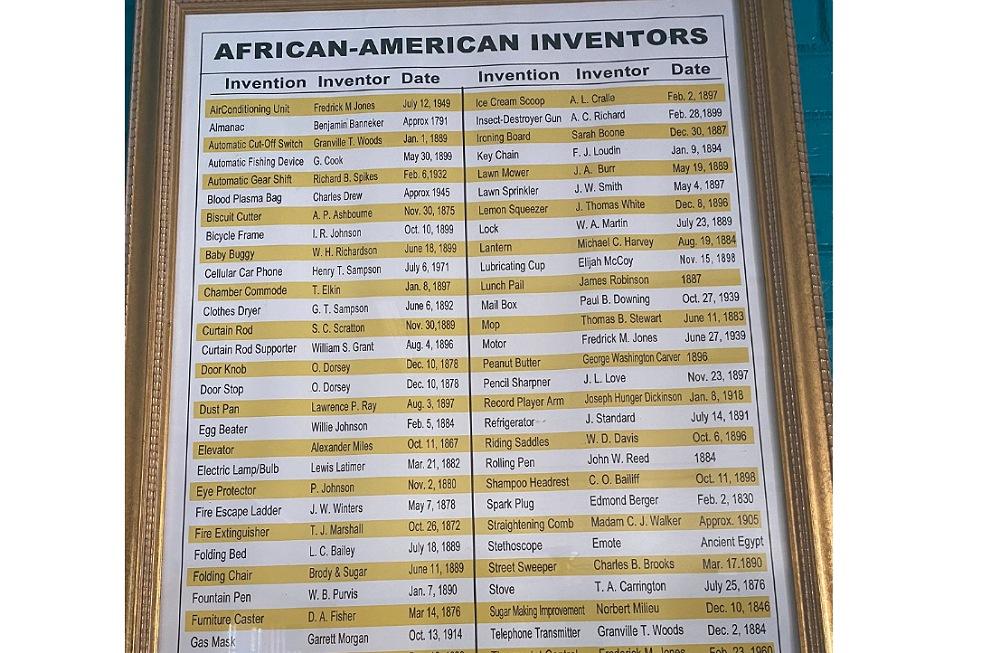
Image source: Twitter
Famous Black Heroes You Probably Didn’t Know About
The Greensboro Four
These Four men were college students who decided they had had enough to racial segregation and were going to do something about it. These men were Joseph McNeil, Francis McCain, David Richmond and Ezell Blair Jr all freshmen who were inspired by heroes like Martin Luther King and wanted to do their own fair share to change the status quo.
On February 25th, 1960, they sat down at the lunch counter of the F.W Woolworth company which was reserved for whites only and asked to be served. As expected, their request was refused and they were asked to leave but they didn’t. They sat right there until evening and went back to their dorms to recruit more students to their cause.
Gradually, the number of people participating in the peaceful protests increased and it gained government support and media coverage. Although stubborn, the company finally had to give in to their demands and Black segregation in public places ended.
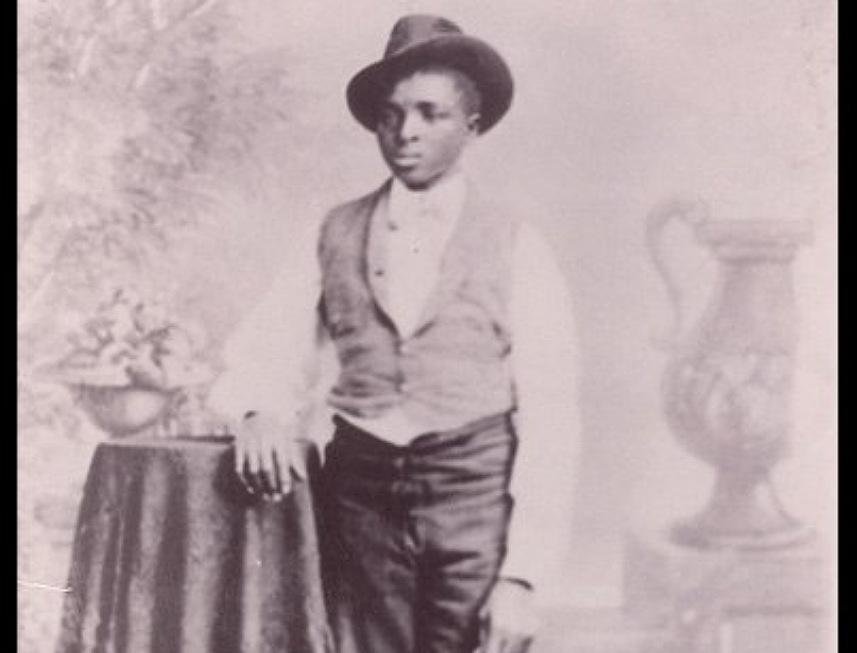
Image source: Twitter
George Washington Carver
Born a slave, George Carver was a great influence of farmers in America. He worked odd jobs as a ranch hand and as a farmer to secure an education for himself. After studying art, he went on to study Botany where he flourished. George Washington Carver brought education to farmers, teaching them how to plant crops to prevent soil depletion. He advocated that farmers plant legume crops so as to help the soil regain its lost nitrogen and also as a source of sustainable food for themselves.
He wrote many bulletins which contained recipes on how to use these food crops in the preparation of various meals and oils. He was a man who gave himself totally to others and took nothing for himself. He was the first Black man to teach at Tuskegee University and he died at the age of 78 years.
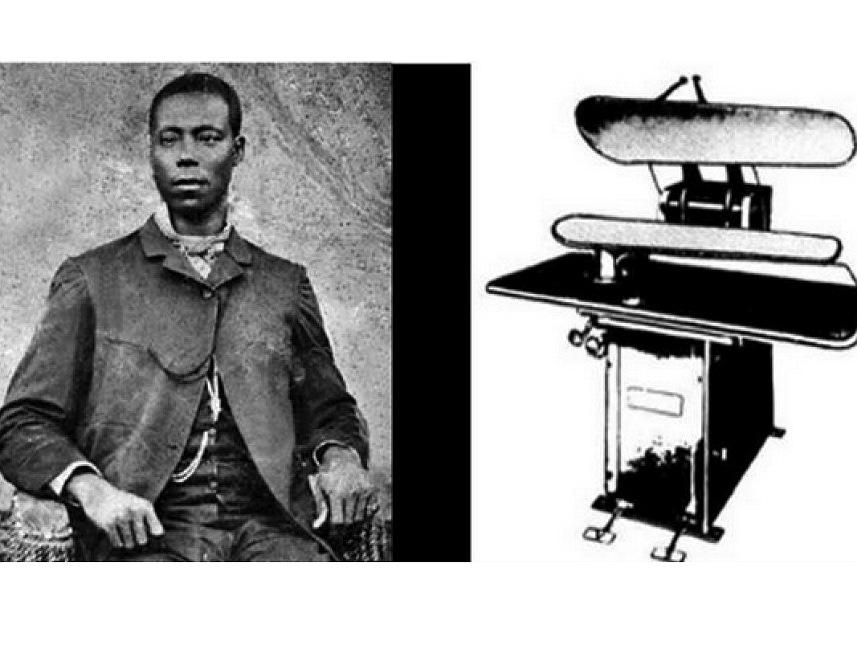 Image source: Twitter
Image source: Twitter
Thomas L Jennings
Thomas was born free. He grew up to be a tailor and an inventor. His invention was the machine used for dry cleaning. Thomas married Elizabeth and they both had three children Mathilda, Elizabeth and James Jennings. Elizabeth grew up to become a Black activist. After being kicked out of a streetcar and arrested, her father paid for her legal defense and she won the case a year later.
His early career was spent trying to make enough money to buy freedom for his wife and child. Elizabeth Jennings was born free. Thomas Jennings was an abolitionist and legal rights activist who fought against African-American segregation and colonialism in Africa.
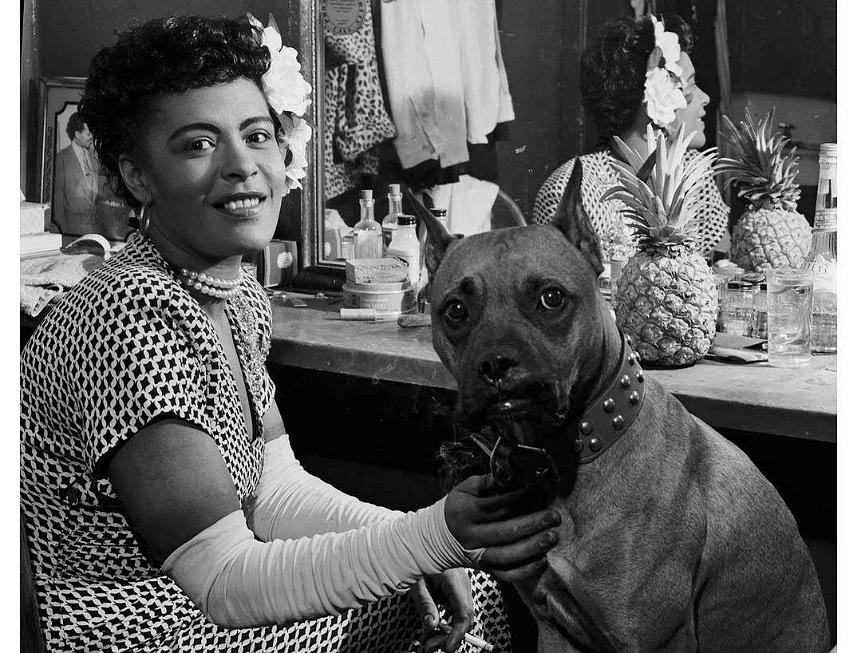
Image source: Twitter
Billie Holiday
Billie Holiday (Eleanora Fagan) was born to Sadie Fagan who got pregnant for her as a teenager. Billie’s childhood was not a nice one at all. Her mother left her in the care of her half aunt who in turn left her in the care of her own mother in law. Sadie would work and come back occasionally to see her daughter. On one occasion, Sadje came home to see her daughter being abused sexually and she took the matter to catch.
Despite all the suffering that she suffered, Billie strove hard to make herself into a name in the Jazz industry. Inspired by people like Louis Armstrong, she became very popular. Her status as a Black woman, however, affected her earnings because she was paid less and was discriminated against by white people. Billie’s songs were hits and always floored the charts she was known for her high pitched and emotive voice as she sang about a woman unlucky in love.
Billie, however, was addicted to drugs and this ate into her savings and affected her performances. After a while, Billie’s health began to deteriorate and she died on June 17, 1959, at the age of 1944. Her legacy lives on.
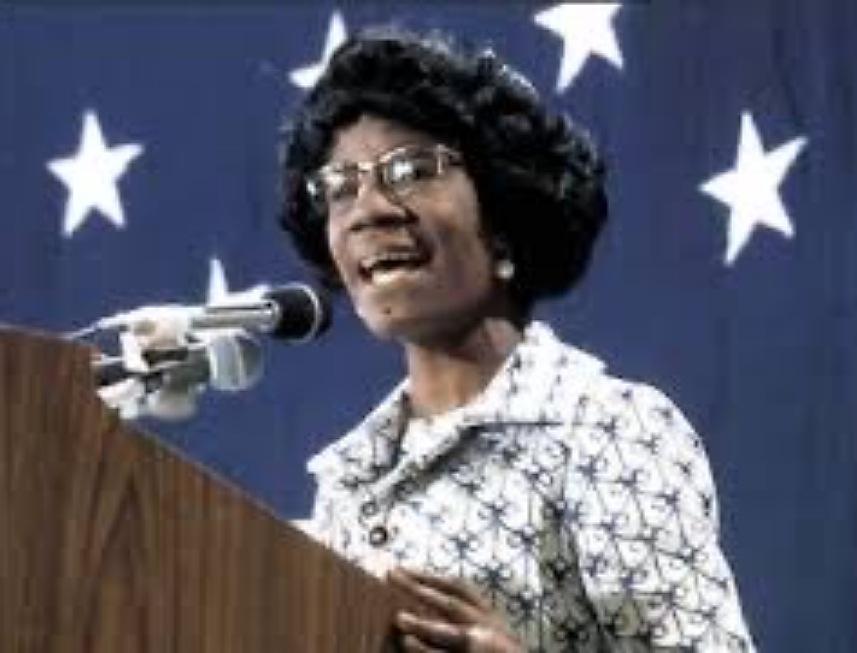
Image source: Twitter
Shirley Chisholm
Shirley was born in Brooklyn New York to an industry worker and a seamstress. When her mother could no longer manage her job and the children, Shirley and her sisters went to live with their grandmother in Barbados. Shirley’s early education was in a British school and she attributes her ease of speaking and writing to that opportunity.
Shirley grew to be an educator and a Democratic member of the New York assembly. As a member of Congress, she worked to improve opportunities for people living in lower-income districts and to expand the food stamp program. She fought for the employment benefits of domestic workers and advocated for remedial education for disadvantaged people. Chisolm retired from Congress in 1982.
Maya Angelou
Maya Angelou born Marguerite Annie Johnson; April 4, 1928 – May 28, 2014 was an American poet, singer, memoirist, and civil rights activist. She published seven autobiographies, three books of essays, several books of poetry, and is credited with a list of plays, movies, and television shows spanning over 50 years.
She received dozens of awards and more than 50 honorary degrees.[3] Angelou is best known for her series of seven autobiographies, which focus on her childhood and early adult experiences. The first, I Know Why the Caged Bird Sings (1969), tells of her life up to the age of 17 and brought her international recognition and acclaim.
Source: Wikipedia
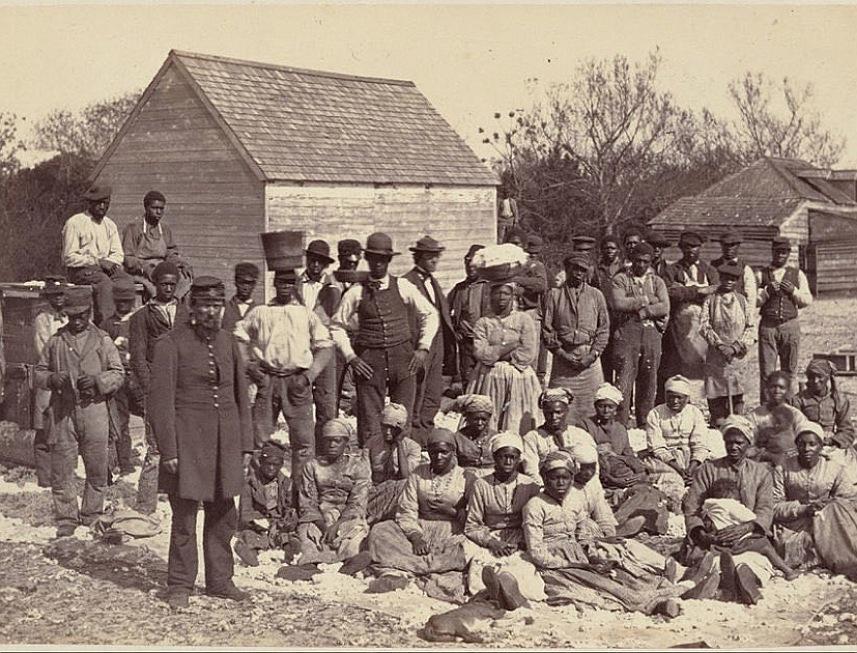 Image source: Twitter
Image source: Twitter
Tarana Burke
Tarana Burke (born September 12, 1973) is a civil rights activist from The Bronx, New York, who founded the Me Too movement. In 2006, Burke began using the phrase “Me Too” on social media to raise awareness of the pervasiveness of sexual abuse and assault in society. In 2017 #MeToo went viral as a hashtag after women began using it to tweet about the Harvey Weinstein sexual abuse allegations.
The phrase and hashtag quickly developed into a broad-based, and eventually international movement. Time named Burke, among a group of other prominent activists dubbed “the silence breakers”, as the Time Person of the Year for 2017. Burke presents at public speaking events across the country and is currently Senior Director at Girls for Gender Equity in Brooklyn.
Source: Wikipedia
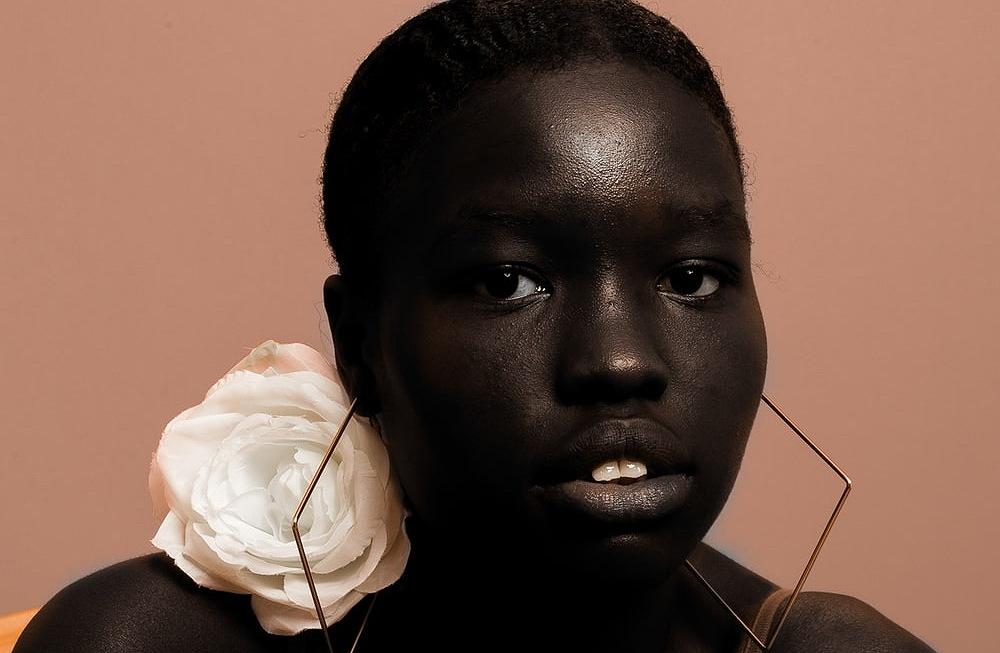
Image source: Unsplash
Reflecting on Black History Month: Looking Back and Moving Forward
Some people are asking these questions: Why do we still celebrate Black History month? Hasn’t everyone getting the freedom they wanted? Aren’t Blacks now in the position of the government and respected? Haven’t we had our chance to have Barack Obama as a President of the United States? What do Black people want anyway? Aren’t they being racist?
The reason why we still celebrate Black history is that Black accomplishments are usually minimalists or erased from the records and nobody gets to hear about the good stuff we do. We are not criminals or slaves. We are intelligent and productive people always ready to strive for a better life.
There’s this adage that says: the longer your suffering, the greater your rejoicing when it ends. Black people moved from being treated less than dogs and more like vermin by their white masters to being equals and sitting at the same table with them. There is a lot to celebrate, being Black is a unique thing because it signifies bravery, resilience and the ability to withstand even life-threatening odds. I am proud to be a Black woman.
Black people are the real MVP’s! and I am rooting for everyone Black.
Happy Black History Month!!!
She's a beauty and an exquisite lady who enjoys the high life in writing and poetry. Her writing style and prowess is innovative and focuses on the feminine perspective, bringing nothing but wholesome gratification to the African, Afrocentric and Afro-American women at large

